There are a number of articles on the warrant for Monday’s Special Town Meeting that span everything from tax exemptions to rezoning. The Independent recently sat down with town officials to understand each of the articles on the STM warrant and their impact on residents.
Article 1: Reauthorize means tested senior property tax exemption
This article extends financial relief to Hopkinton seniors who qualify for an exemption based on certain criteria.
“It extends the home rule petition for the circuit breaker [tax credit],” said John Neas, the town’s principal assessor.
“It was something the legislature passed a few years ago, and we need to extend it at Town Meeting every three years,” he added.
A vote at STM in 2021 extended the act to August 2024. Passing this vote would extend the tax exemption to August 2027.
Article 2: Veterans tax exemption: cost of living adjustment
Article 2 increases the amount of tax exemption granted to veterans through a cost-of-living adjustment based upon the consumer price index (CPI).
It comes to Special Town Meeting as a result of Gov. Maura Healey signing an act “honoring, empowering and recognizing our service members and veterans” (the HERO Act) back in August.
Neas provided a practical example of what the exemption would look like if the article passes. A 5% rise in the CPI could see a veteran’s exemption increasing from $400 to $420, he explained.
Article 3: Veterans tax exemption: additional exemption
Like Article 2, this article comes out of the HERO Act and, if passed, will provide additional tax exemptions to veterans.
“It would increase veterans’ exemptions by 100%,” Neas explained.
He went on to say how, in his prior example, the adjusted exemption for Article 2 would double to $840 if passed by Special Town Meeting.
Article 3 would not take effect until fiscal year 2026. It will have no effect on the town’s tax rate, as it is funded through the overlay account.
“We’re hoping these [articles] pass so veterans get what they deserve,” Neas added.
Article 4: Adopt local meals excise
Article 4 would establish a 0.75% local meals tax on restaurant sales. If the article is adopted, the town would pursue ways of directing the tax revenue into economic development activities.
The Select Board voted unanimously to put the article on the STM warrant back in October, calling it “an opportunity to invest in economic development.”
Select Board member Joe Clark has championed the article, believing it could be a benefit to the town “at a time where we need all the tax revenue we can get.”
The revenue generated from the meals tax could fund a dedicated economic development officer and provide grants to businesses looking to set up shop in Hopkinton.
While the anticipated returns on the tax are not entirely known, Clark says research on similar communities indicates revenues could land somewhere between $200,000 to $400,000 annually.
“It’s a good revenue stream, even if it’s not a big one,” he said.
Clark also stressed the tax “doesn’t impact day to day necessities,” and that many of the surrounding communities have enacted it.
“People are already paying this tax anyways, and that revenue is going to those towns and not to Hopkinton,” he said.
Added Clark: “This is the only tax I can think of that we can get non-residents to pay.”
Article 5: Transfer care, custody and control of Hughes Farm parcels
With this article, the town intends to transfer parcels of land at Hughes Farm on Hayden Rowe Street to the Open Space Preservation Commission (OSPC).
In 2012, the town purchased the parcels of land at Hughes Farm using Community Preservation Act (CPA) funds. Even though the OSPC had proposed the town purchase the land, it did not take control right away.
“Because it was open space purchased with CPA money, we would eventually have to put a conservation restriction on the property,” said Town Manager Elaine Lazarus.
Passing Article 5 would complete the transfer of Hughes Farm over to the OSPC and allow the conservation restriction to be put into place. The restriction will be held by the Hopkinton Area Land Trust in perpetuity.
Article 6: Rescind authorized but unissued debt
Article 6 seeks to rescind around $1.8 million in authorized but unissued debt from 13 projects approved between 2003 and 2021.
“There was never any borrowing for these projects, but the intent to borrow still counts against the town,” said Lazarus.
Eliminating the debt from the town’s books would improve the town’s debt ceiling and remove liability.
“This is a standard article for the Annual Town Meeting,” said Lazarus, “but if we can do it early, that helps us right now.”
Article 7: Establish Board of Health revolving fund
Article 7 would allow the Board of Health to establish a revolving fund that could be used to pay for the hiring of additional nursing staff and buying nursing supplies and equipment.
According to Health Director Shaun McAuliffe, the fund would capture money from “a broad range of fees that [the] department collects on.” The fund would be capped at $200,000, with any surplus generated given back to the town’s general fund.
McAuliffe hopes to use the money collected to hire two full-time nurses without having to dip into his department’s regular operating budget.
“If we properly fund and staff our nursing … we could easily be generating enough money to cover the $200,000,” he stated.
McAuliffe anticipates the fund will fill up within 18 months once it’s established.
Article 8: MBTA Communities zoning bylaw
The last article on the STM warrant presents two plans developed by the Planning Board that would allow the town to comply with the MBTA Communities Act.
It would amend the zoning bylaws to establish an MBTA Communities multi-family overlay district as well as amending the zoning map.
The first district, called the Upper Cedar/Downtown District, comprises a portion of downtown, The Preserve condominium complex, the Carbone’s Restaurant property and two adjacent parcels on Cedar Street.
This plan was proposed at May’s Annual Town Meeting and narrowly rejected by residents.
The second proposed district comprises areas of The Preserve, the Walcott Valley condominium development and parts of downtown as well.
Although the Planning Board proposed both these plans, it was deadlocked on recommending either of them at the end of a public hearing on Oct. 28. However, it eventually voted to recommend the overlay district that includes The Preserve, Walcott Valley and downtown at a special meeting last Wednesday.
Residents have voiced their frustrations about having their properties included in these proposals. They also have raised concerns about increased traffic and burden on the public school system as more people move into dense housing areas.
Another rejection of a plan to comply with the MBTA Communities Act could spell trouble for the town.
“We would be noncompliant, which would allow the state to withhold money from 13 defined grant programs,” said Rob Benson, chair of the Planning Board.
He also cautioned that the state attorney general could sue the town, leaving Hopkinton residents “paying for both sides of the lawsuit.”
Benson and others have continued to stress that approving the new zoning does not mean anyone will be forced off their property.
“I don’t think it’s financially viable for a developer to buy out The Preserve or Walcott Valley,” Benson said.
He explained that a developer would have to buy all residents out of their condos, take ownership of the parcel and level everything before starting to build a multi-family development.
“I think these are good proposals that would realistically result in no new housing in those areas,” he added.


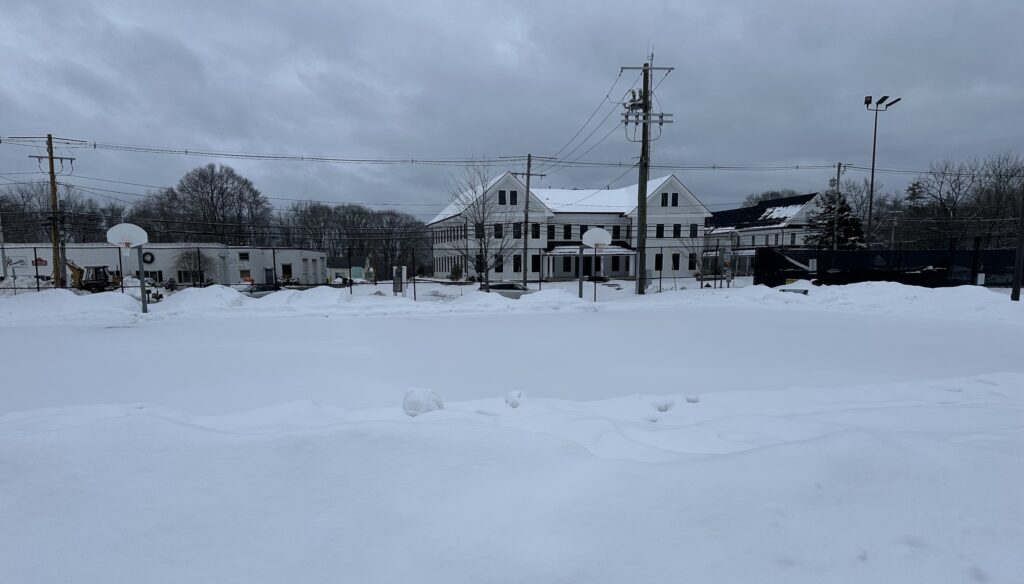

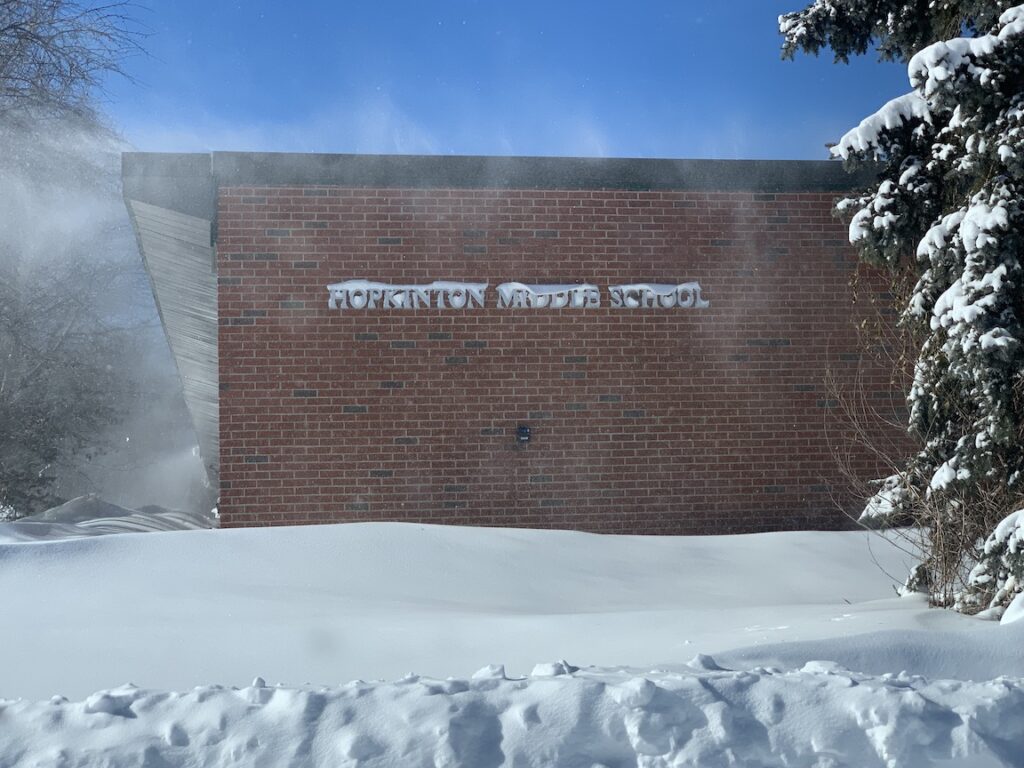
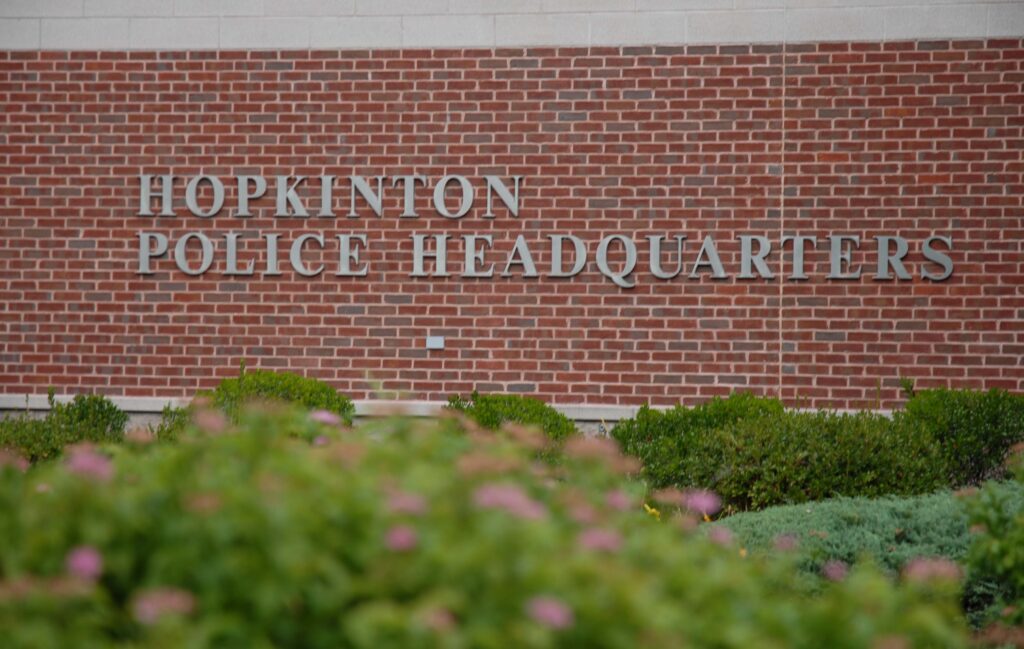
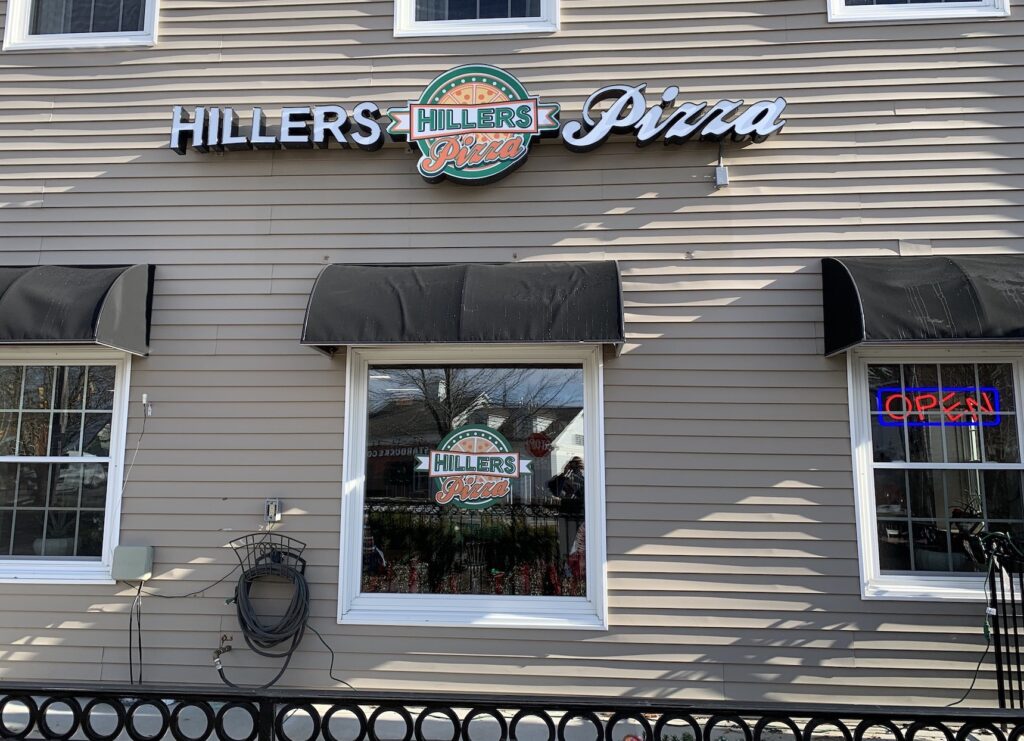
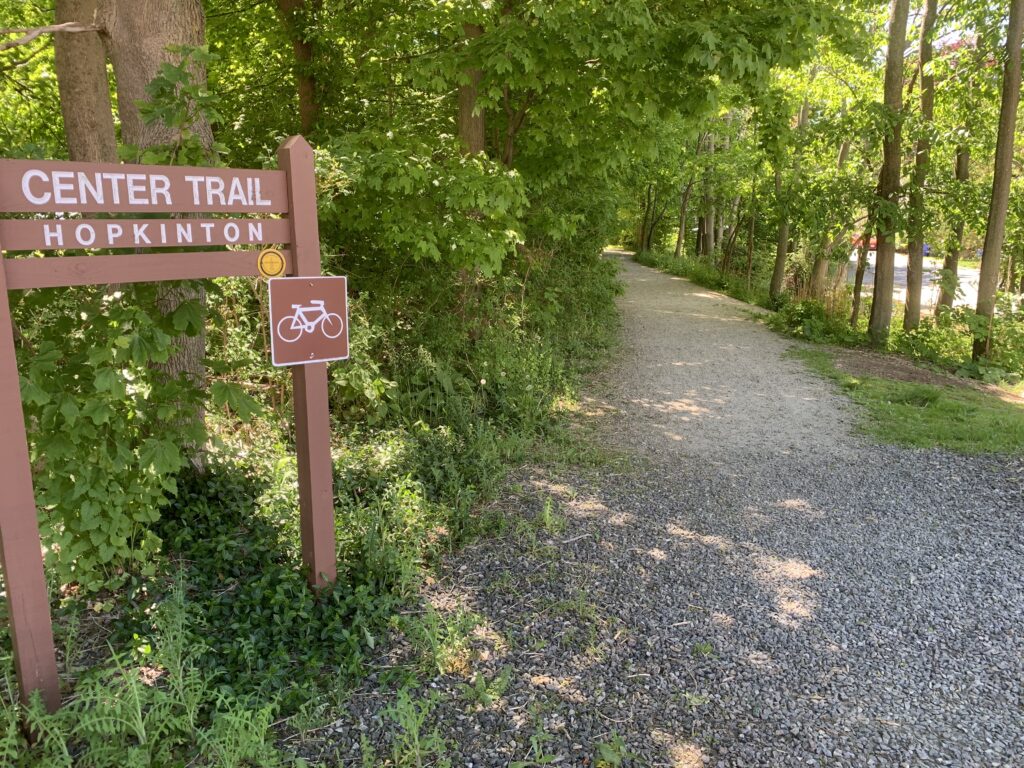













If the proposals would result in no new housing being built, why would the Commonwealth accept the proposals as compliant with the law?